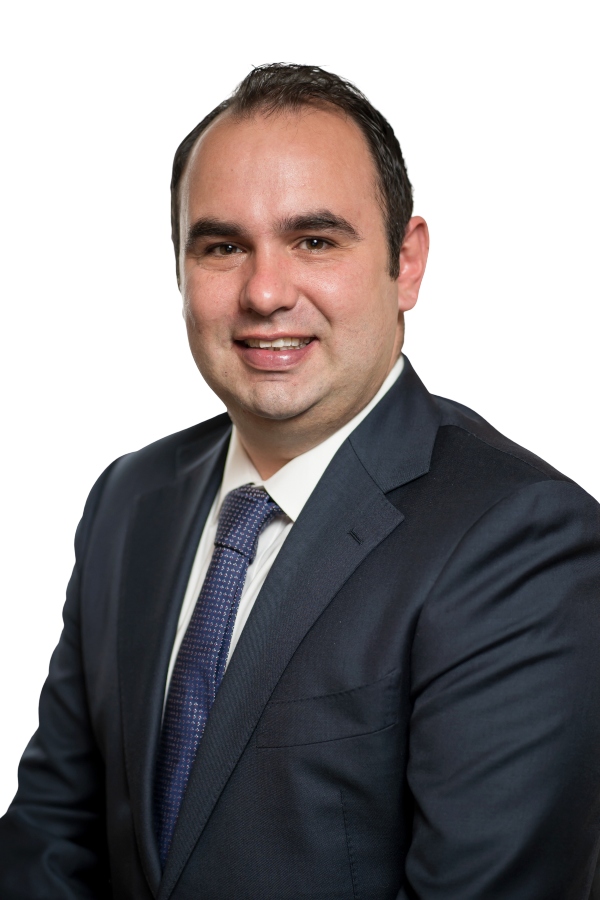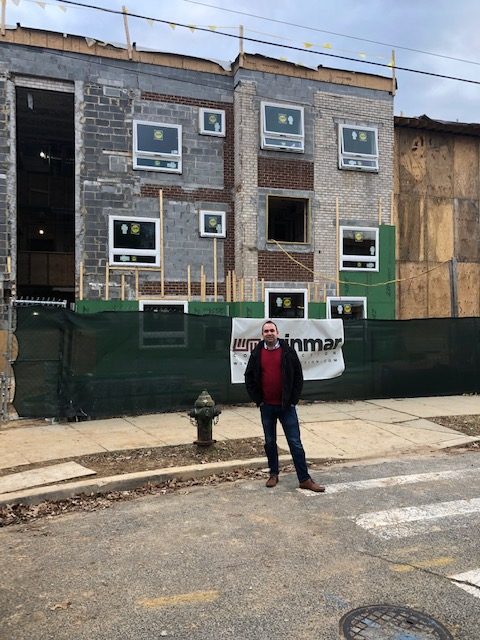Real estate offers a variety of opportunities for anyone looking to make money, but there are also plenty of pitfalls that can set you back in a big way if you don’t watch out for them. Oliver Somoza is a seasoned real estate expert and CEO of Turnkey Property Pro, a company that makes real estate investing easy. After years of experience, Oliver is giving us an exclusive look at the top 5 mistakes investors make and how you can avoid them.
Avoid the Get-Rich-Quick Gurus – Real estate in particular is an industry ripe for scam artists because there is so much money that can be made. It’s not as hard for them to sell their stories of overnight success because it is not impossible to see big scores in this business. But it’s still rare. Most of the time, anyone who is truly successful got there by putting in a lot of hard work and having the right connections. So if a real estate “guru” is selling overnight success, you’re most likely getting scammed.
Reading books and watching videos by actual experts to educate yourself is great; in fact, it’s crucial, but don’t get suckered. Being asked to invest a lot of money up front for any kind of program should be an immediate red flag. It may be worth paying a reasonable fee for a class from a credible expert to gain valuable knowledge, for example, but if you’re being asked to drop thousands on a weekend retreat or being promised hands on experience with your own investment, you should give that a hard pass. It’s not just that these programs are a waste of money (which they are—you’re unlikely to gain anything from them that will actually be useful;) they can also be dangerous by convincing you to do something risky or outside your budget or outright impossible.
Be sure to look into the credentials of the people you learn from or better yet, seek out a mentor. find someone who is already successful, not trying to sell you something. Plenty of seasoned and successful professionals will be happy to share their insight with you for free, to a point, but you should also consider doing some free work for them in exchange for their mentorship.
It’s Not About Your Preferences – It’s natural to default to your personal tastes and preferences when you are evaluating properties, but that’s not always a smart way to approach investment. You have to start thinking in terms of what will be the most profitable endeavor, not just what is the flashiest project.
Examine different markets, look for areas that are appreciating. If you’re looking to invest in rental properties, seek out the most active rental markets. They may not be the prettiest properties but they’ll help you build your portfolio and your profits.

HGTV and DIY Network Are NOT REAL – Flipping a house is one of the riskiest propositions in real estate. Flipping typically isn’t ideal for first-time property investors unless they already have plenty of capital to play with. Most of the time, the only way a property flip nets any significant profit is when they are going directly to an end user who will both own and reside in the building. Flipping properties to rent them for income is a far more complicated prospect than it looks on TV.
Not to disparage the credentials of those TV hosts, but they’re also presenting a 23-minute version of a months long process and smoothing over a lot of the bumps. And they have budgets and crews of professionals. You won’t have any of those things. So be realistic about your ability to tackle a project of this size and don’t get in over your head.
Lacking Contracting Knowledge – Contracting is a broad and complex field, and frankly, most investors don’t know as much about it as they should and it can sometimes get them into trouble. Ideally, if you don’t have firsthand knowledge in any field of construction, you have trusted professionals on your side to guide you through the process. Without that you could be in danger of getting scammed, or risk underbudgeting for necessary projects and causing costly delays and issues.
Even before you get any construction underway, having knowledge of contracting or partnering with someone who does can help you more accurately estimate costs and evaluate whether or not a property is a worthy investment at the start. But be sure to do your due diligence here too. See examples of work, get references, get multiple estimates, and double check licensing and insurance before settling on a contractor.
Even if you have a contractor you trust on your team, it’s still advisable to take every opportunity you can to increase your own knowledge so you can be confident in all your decisions.
Another tip for first timers is to do any construction or rehab projects incrementally. You don’t have to do it all at once, and it’s actually a good idea to only take on projects you know you can cover financially. Pay contractors in small increments as well, so you don’t sink a giant deposit into a contractor that isn’t a good fit or up to professional standards.
Rental Property Investors Need Property Management Experience – In much the same vein, if you are planning on investing in a property for rental income you need to know the ins and outs of property management or hire someone who does. You may know how to find hot neighborhoods and turn shabby properties into palaces, but do you know how to qualify potential tenants? Do you know how to deal with them and implement policies for them? Do you know what certifications and permits you need to operate a legal rental property?
If you can’t be onsite to provide management of a rental property, you’ll have to hire an experienced professional to do it for you, and you’ll have to factor that into your profit projections.
And again, even if you do have a trusted professional on your side, having enough of your own knowledge to provide oversight of your management team and your overall investment is still a good idea. So seek out chances to gain that education, even if it means simply shadowing your property manager on their daily duties. You’ll be glad you had that understanding.
Real estate investment can be a truly rewarding pursuit, not just financially but personally. You get the chance to be creative, to help improve areas, provide homes and workspaces for people. But with any opportunity for success comes the potential to make mistakes. If you’re planning to jump into real estate investment, do it with your eyes wide open and armed with as much foresight as possible to see the pitfalls and steer clear of them.
About Oliver Somoza:
Oliver Somoza started developing his real estate instincts at an early age, receiving his real estate license at 18 years old and jumping into the fast-paced world of New York City apartment rentals. His hard work and drive soon caught the eye of a prominent NYC real estate attorney, and Oliver began working for the firm representing some of the city’s most successful real estate moguls.
The connections he made in real estate development soon led him to become interested in development, and so he began the next phase of his career. Partnering with some of New York’s young developers allowed Oliver to understand the importance of having construction and property management knowledge when developing properties. His experience in New York City also taught him that real estate investment shouldn’t be limited to the super-wealthy, and he aimed to find ways to make it more accessible.
In partnership with his sister Gabriella, Oliver began exploring development opportunities in Philadelphia and Baltimore, where there were neighborhoods in decline ripe for revitalization. His approach has always focused on helping improve areas by fixing blight, repairing or rebuilding declining properties and creating affordable housing. Soon, the successful development projects in these cities caught the attention of other aspiring investors who wanted his guidance on building their own portfolios.
Oliver created Turnkey Property Pro to help everyday people find success in real estate investment. His passion for doing good through development has enabled Turnkey to bring new life to properties and neighborhoods. His keen eye allows him to spot potential opportunities and, with his background and connections in construction and property management, he is able to develop properties with tighter timeframes and budgets, maximizing investor profits while serving communities. Turnkey now boasts its own portfolio of hundreds of properties as well as properties it has developed for its investors.
Find a Home-Based Business to Start-Up >>> Hundreds of Business Listings.


















































